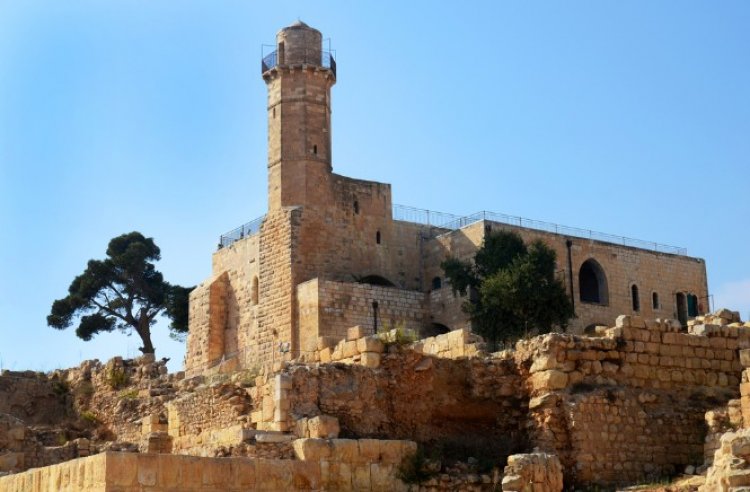
1. Samuel the Prophet was the son of Elkanah and Hannah from the tribe of Levi and from the Kehat family of Levites.
2. He was born after much prayer: Hannah was not able to have children. When going to the tabernacle in Shiloh Hannah prayed and promised G-d that if he gave her a son she would consecrate him to serve G-d. When Samuel was born Hannah kept her promise and when he was 2 years old brought him to the tabernacle in Shiloh to serve G-d under the guidance of Eli the high priest.
3. Hannah’s method of prayer became a model for how to pray from which many laws of prayer are derived.
4. After Samuel was born Hannah sang a song of praise to G-d thanking Him for granting her a son. It is also read on the first day of Rosh Hashana as a lesson that prayer to G-d can change a person’s lot for the better.
5. After the passing of Eli the high priest, Samuel led the nation of Israel. He traveled around the country from town to town from Dan to Beersheba to teach and judge the nation. His approach was novel in that he made himself available for judgments traveling from town to town instead of having everyone come to his home town.

6. Samuel made his 2 sons Joel and Aviah judges but they didn’t follow his footsteps and sought payment for their judgments. When Samuel was old the Jewish nation asked for a ‘king like all the other nations’ to judge them and lead them in battle. The idea was not favorable to Samuel but G-d commanded him to appoint a king for “they didn’t despise you (Samuel) they despise me from being their king” G-d told Samuel. First Samuel anointed King Saul and later King David.
7. Samuel died before King Saul did. King Saul was oppressed by the heavy hand of the Philistines and he called the soul of Samuel up through the use of a necromancer. Samuel told him “tomorrow you and your sons will be with me and the camp of Israel will be delivered into the hands of the Philistines.” Indeed the next day Saul and his Jonathan died and the Jews lost the battle.
8. Samuel established a permanent court in Ramah. In the tractate Makkot it relates that this court was one of the 3 places where the spirit of holiness dwelled and people would know things supernaturally from G-d.
9. The tractate Sukkah calls Samuel one of the 8 princes. The others are Jesse, Saul, Amos, Zephaniah, Zedekiah, The Messiah and Elijah the prophet.
10. Samuel the Prophet died at age 52. His day of passing is thought to be the 28th of Iyar (Jerusalem Liberation Day) or the 29th of Iyar. People come to his tomb in Ramah on the outskirts of the Ramot neighborhood in Jerusalem on both days to pray for salvations.
May his memory be a merit for us!
